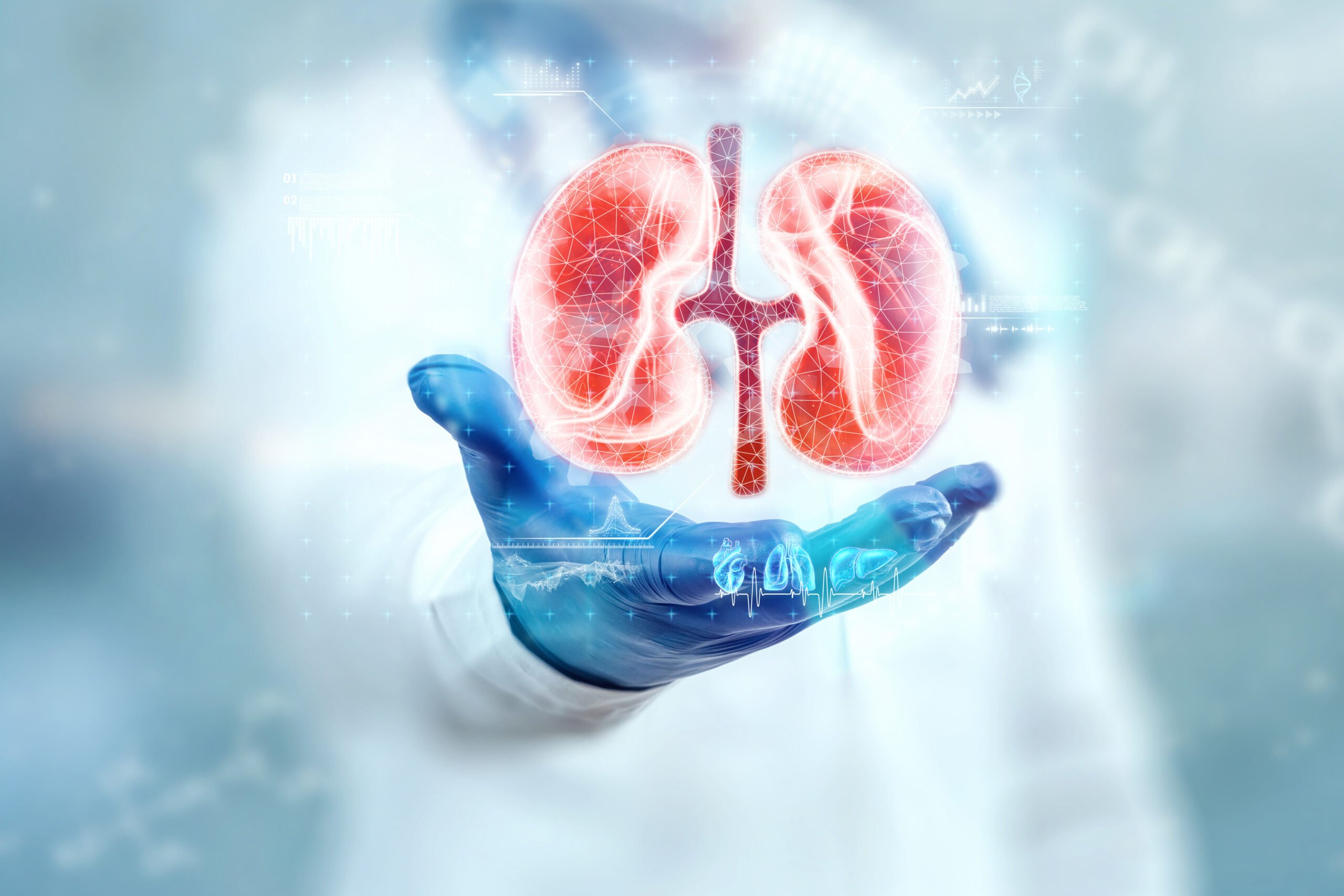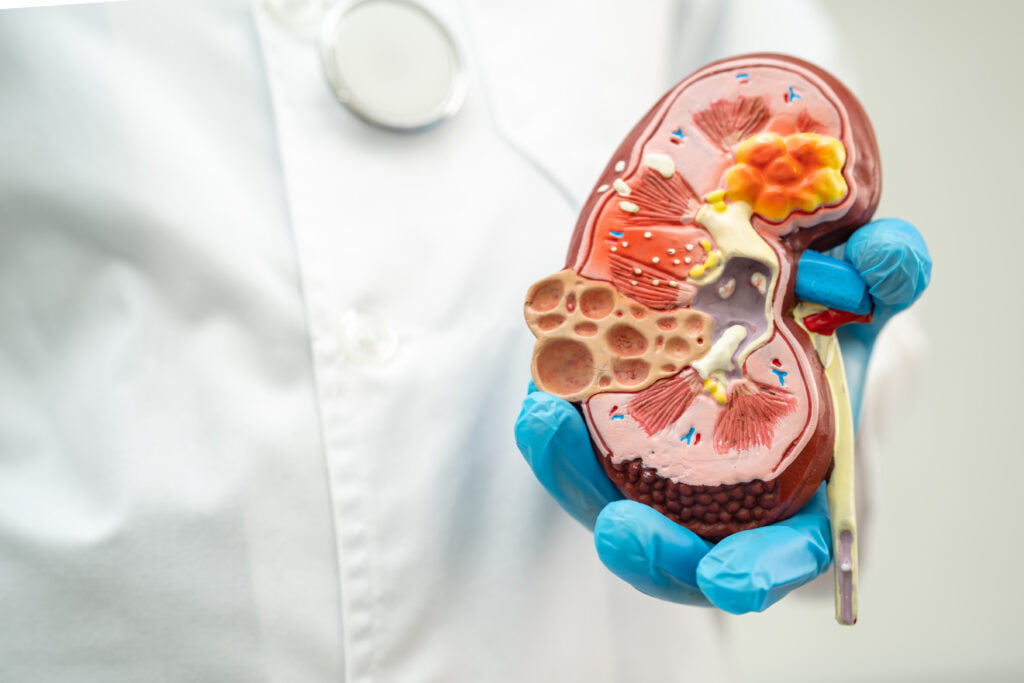Cancer Types
Kidney Cancer
Kidney cancer, also known as renal cell carcinoma, occurs when abnormal cells in the kidneys grow uncontrollably. Understanding the basics of cancer, its causes, and how it affects the kidneys is crucial for individuals diagnosed with this condition.



Risk Factors & Prevention
Screening & Symptoms


Diagnosis & Stages
Treatment Modalities & Coping Treatment:


Do's & Don'ts During Treatment

Post Treatment Support, Followup Care and Surveillance :
FAQ
Frequently Asked Questions
While most cases are sporadic, a small percentage may have a genetic component. Consult with a genetic counselor for personalized risk assessment.
Side effects vary, but common ones include fatigue, nausea, and changes in appetite. Your healthcare team will provide guidance on managing these.
Yes, immunotherapy is an emerging treatment option for kidney cancer that boosts the body's immune system to fight cancer cells.
The frequency of follow-ups varies but is typically more frequent initially and spaced out over time. Follow your healthcare team's recommendations.
Complementary therapies like acupuncture or yoga may help with symptom management, but they should be discussed with your healthcare team.
While not entirely preventable, adopting a healthy lifestyle, avoiding smoking, and managing risk factors can significantly reduce the risk.
Yes, numerous support groups offer emotional support and shared experiences. Your healthcare team can provide recommendations.

